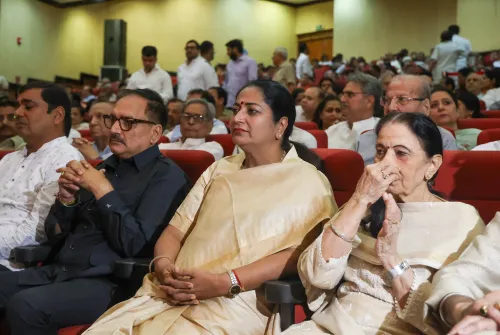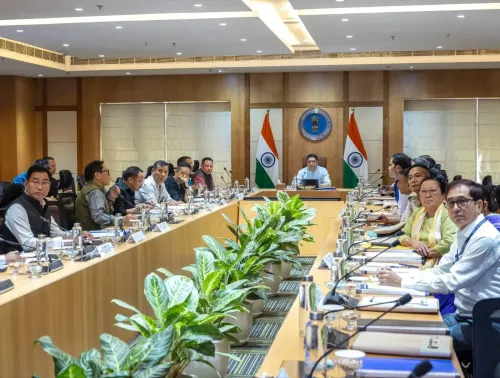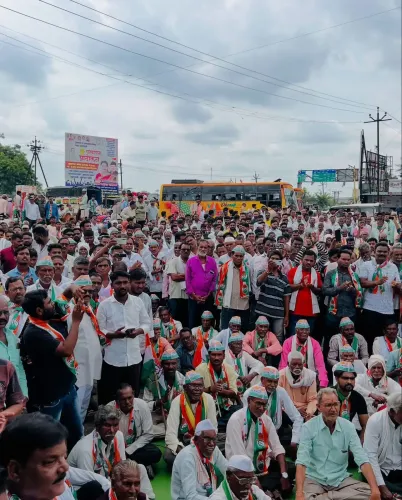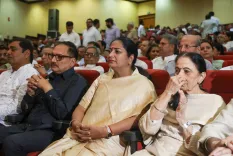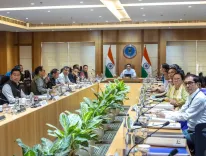Did the Bihar government really approve 129 proposals and increase DA by 3% for employees and pensioners?
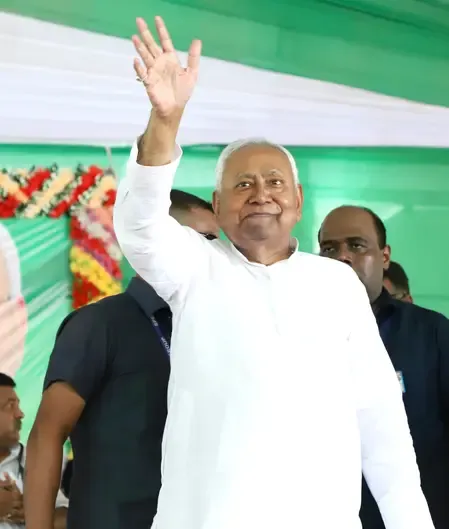
Synopsis
Key Takeaways
- 129 proposals approved by Bihar government.
- 3% DA hike for employees and pensioners.
- DA increased from 55% to 58%.
- Scholarships for school students doubled.
- Strategic moves ahead of Assembly elections.
Patna, Oct 3 (NationPress) In a significant move ahead of Diwali and Chhath, the Nitish Kumar-led Bihar government convened a cabinet meeting in Patna on Friday, where it approved 129 proposals.
Notably, the government implemented a 3% increase in dearness allowance (DA) for state employees and pensioners, raising it from 55% to 58%, effective from July 1, 2025. This decision is perceived as a timely gift for the festive season, especially with the Assembly elections approaching, benefiting millions of government employees, pensioners, and their families.
Deputy Chief Minister Samrat Chaudhary emphasized, “This increase aligns with the Central Government’s decision and reflects our commitment to safeguarding the financial well-being of employees and pensioners amidst rising inflation.”
This adjustment in DA will impose an additional burden of Rs 917.78 crore on the state budget for the fiscal year 2025-26.
Political analysts interpret this announcement as a strategic initiative by the ruling NDA to strengthen its support base among approximately half a million state employees and numerous pensioners ahead of the upcoming Bihar Assembly elections.
In addition to the DA hike, the Bihar government also enhanced scholarships for school students.
The cabinet doubled the assistance under the Chief Minister’s Boys and Girls Scholarship Scheme, providing crucial support to millions of schoolchildren throughout the state.
Students in classes 1-4 will now receive Rs 1,200 annually (up from Rs 600), those in classes 5-6 will get Rs 2,400 (up from Rs 1,200), while students in classes 7-10 will receive Rs 3,600 (up from Rs 1,800).
Officials noted that these measures will alleviate financial burdens for underprivileged students in primary, middle, and secondary schools, encouraging them to pursue their education.
With the Assembly elections on the horizon, these initiatives are strategically aimed at garnering support from both state employees and the families of students.
The approval of 129 proposals across various departments highlights the government’s efforts to advance development and welfare programs prior to the elections.


